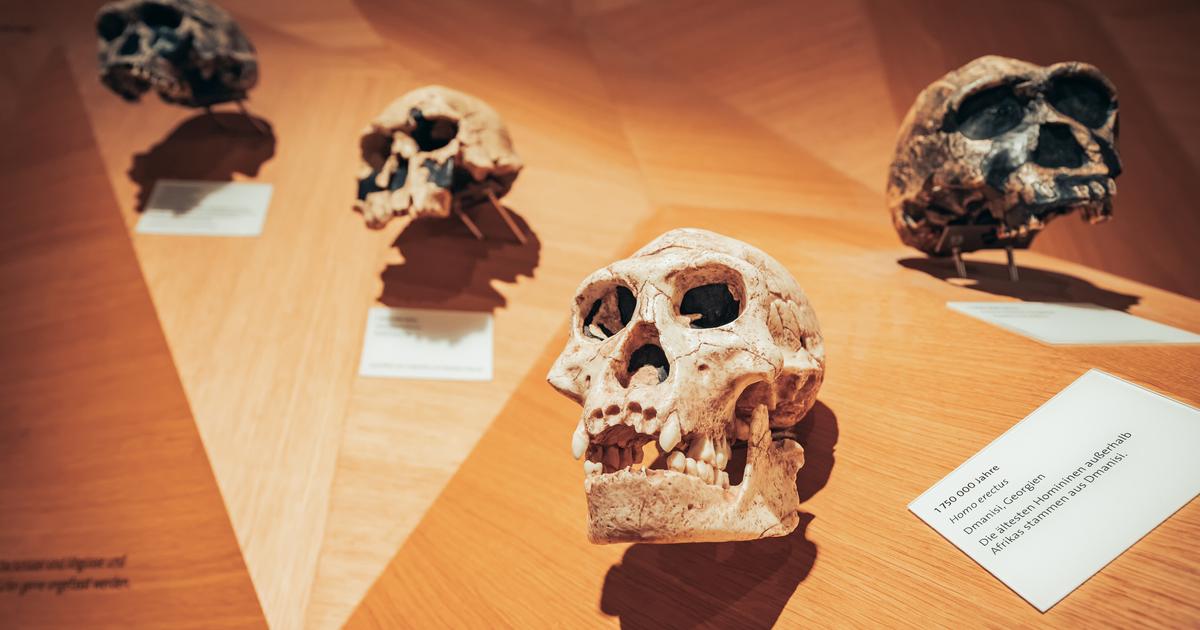David González (San Andrés de los Tacones, Gijón, 59 years old) began writing when he entered the El Coto prison in Gijón, barely in his twenties, convicted of participating in an armed robbery.
He entered as a robber and, three years later, came out as a poet.
He was the closest thing to a cursed poet that Spanish literature has produced in recent decades.
He, in fact, felt cursed and, as such, practiced curses.
Nothing more cursed than dying: his life ended last Monday in his hometown, a victim of esophageal cancer.
His last collection of poems,
The Firefly Song
(Páramo), which sounds like a farewell, had been published only a few days before.
More information
'Self-portrait', a poem by David González
González created a school within the current of dirty realism, with influences from writers such as Charles Bukowski, John Fante or members of the Beat Generation, all of them specialists in dealing with the crudest aspects of existence, walking on the wild side to which Lou sang Reed, without applying bandages to the language.
He “he Applied to his poetry the same intensity that he applied to his life.
The best definition of David is in his poems, in them he shows himself as he is: disbelieving, pessimistic and not at all complacent, but at the same time endowed with a clear-sightedness and tenderness that turn many of his poems into punches that directly hit the stomach. of the soul”, says the writer Miguel Barrero, director of the Municipal Foundation of Culture of Gijón.
According to Barrero, despite occupying a marginal space in the canon,
In his collections of poems he boasted of opening his life in a canal and telling it as it is, without distances between the poetic self and the real self, if such a thing exists, so that he subtitled some of his books as
non-fiction poetry
.
“He was the last cursed poet of a restricted lineage ―because you are a 'poet', you don't choose to be―, repudiated by the officialdom, marginalized in the poetic circles of his own city and the rest of the State, he has always led (and in the clandestinity to which hunger leads) that movement that defends poetry at the foot of the barricade, from the cell, from the heart”, says Pepo Paz, his editor at Bartleby, where he published four collections of poems:
Sowing bonfires
(2001),
Go on, man , get up from you
(2004),
something to declare
(2007) and
Losers
(2009).
He was included in numerous anthologies and directed Zigurat, the poetry collection of the Ateneo Obrero de Gijón.
His poetic work is much more extensive since, as Paz recalls, "he had a great creative voracity that led him to publish compulsively."
Despite occupying a marginal space in the canon, it attracted the attention and recognition of a good number of readers.
“David was the Poet, like that, with capital letters”, says his friend the poet Ana Pérez Cañamares, “I have never met anyone who devoted himself to poetry in that way;
her relationship with her was incorruptible.
Not in vain had he saved her life, or rather, he had saved her from
another
life".
He reminds him of being a badass and genuine, attached to his land, going for thirds of beer and eating sardines in Cimadevilla, the old fishing district of Gijón where he grew up and to which his stories seemed to be associated.
Pérez Cañamares was introduced by González to the poetic world and he responded with gratitude, and also honestly: “More than once I told him to take care of the character, that he was more than the cursed poet that we all followed and admired.
That he perhaps needed to hide behind his python boots, his tattoos, his hat, his halo of self-destruction;
but his poetry had value by itself, without the need for poses or accessories ”.
reading discipline
Having frequented the night and criminal environments was not an obstacle for the poet to be tremendously disciplined when writing (although the night before had been a kilometric party), very generous with other poets and an intense reader with varied interests.
In one of his latest posts on Instagram, he listed his readings and rereadings:
James Joyce's
Dubliners , John Fante's
Hunger
, three novels by recent Nobel Prize winner Annie Ernaux,
Lethal Injection
by Fernando García Magdalena or a collection of poems by Pedro Teruel and another by Fermín Herrero, among others.
"Since I left the hospital, twenty days ago, I am reading more than ever," he said in the video, visibly consumed by the carcinoma.
Those videos, which he published on social networks in his last days, after announcing his illness last September (diagnosed too late, after suffering neck pain for months that tormented him), are an overwhelming portrait of the dying poet, and also give an idea about how everyday it is to die, spending the last days reading on the sofa, wearing a colorful sweater, accompanied by a teddy bear and a laptop.
Writing, he said, was his best way to fight cancer.
"I have such a fear of death that you shit."
Some years earlier, in 2016, in a Facebook post, González announced that, fed up with life, he planned to start a spiral of self-destruction.
Some years earlier, in 2016, in a Facebook
post
, González seemed more likely to die.
He announced that, fed up with life, he planned to start a self-destructive spiral.
“Seven fifteen in the morning.
I've just got home.
Two days without sleep.
One without eating.
Except for a whole box of Rubifén, I don't know how many grams of speed and alcohol of all kinds and in industrial quantities.
Yes, why fool you or fool me: life or whatever it is has defeated me, it has completely defeated me, so now I am going to invest my time and my money (when I have it) in self-destruction.
But having the best time possible, that is to say: drugs, women, doubles and triplets and so on until the body can no longer take it…”.
In an interview with
El Confidencial
he reaffirmed his desire to commit a kind of “passive suicide”, upset, too, because his poetry, although respected in the world, had not reached a larger audience and obtained greater recognition.
"Life has nothing more to offer me," he said then, "I am, as I say in one of my poems, alone, poor, sick and disoriented."
Finally, what took the poet was cancer of the esophagus.
His last book, published about a week before his death, is
La canción de la luciérfla
(Editorial Páramo), focused on the details of the illness and the nearness of the end, which, as González observes, has many similarities with the end from his father, based on fentanyl patches and morphine pills.
"We released the collection of poems very quickly, in a somewhat hasty manner, because we knew the situation and we wanted David to see it published," says editor Javier Campelo;
"It was not a matter of putting him on a waiting list."
When González threatened to let himself die trapped in the friction of the night, years before, he also intended to leave a posthumous collection of poems stored in a drawer.
It is not known if that drawer exists with a collection of poems inside, but everything indicates that the final text is the one that has just seen the light.
"This collection of poems is a testament, a farewell," says Campelo.
The last lines of the last poem confirm this: “Only death, I repeat, / has the last word.
// The word / that closes / the last poem.
// End."

/cloudfront-eu-central-1.images.arcpublishing.com/prisa/6GWTNEDE25AHPKJF2W756IJAA4.jpg)
/cloudfront-eu-central-1.images.arcpublishing.com/prisa/G2P4LZSOWRHMHJ3HNXVEIKVORY.jpg)
/cloudfront-eu-central-1.images.arcpublishing.com/prisa/TGZ4TIGSGJFWBISZ2FULJ7BYDQ.jpg)

/cloudfront-eu-central-1.images.arcpublishing.com/prisa/WWYGUBVSWZIBVK63EWZUZHJD44.jpg)



